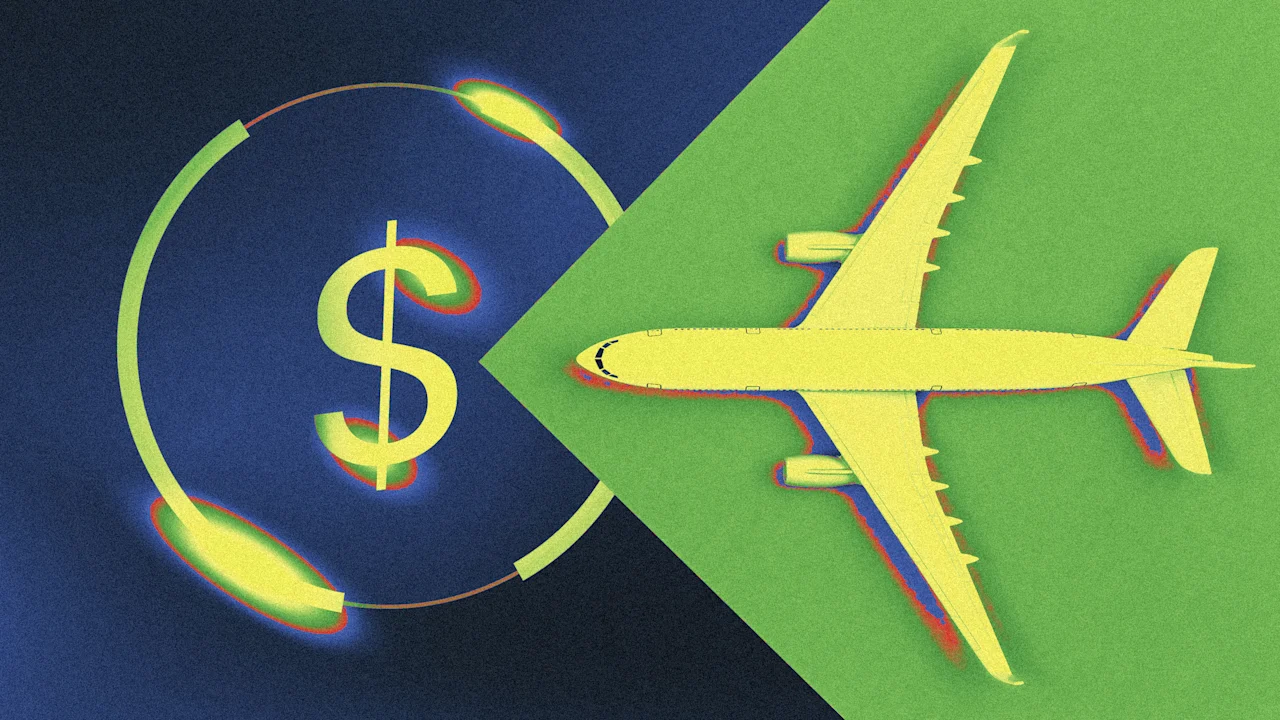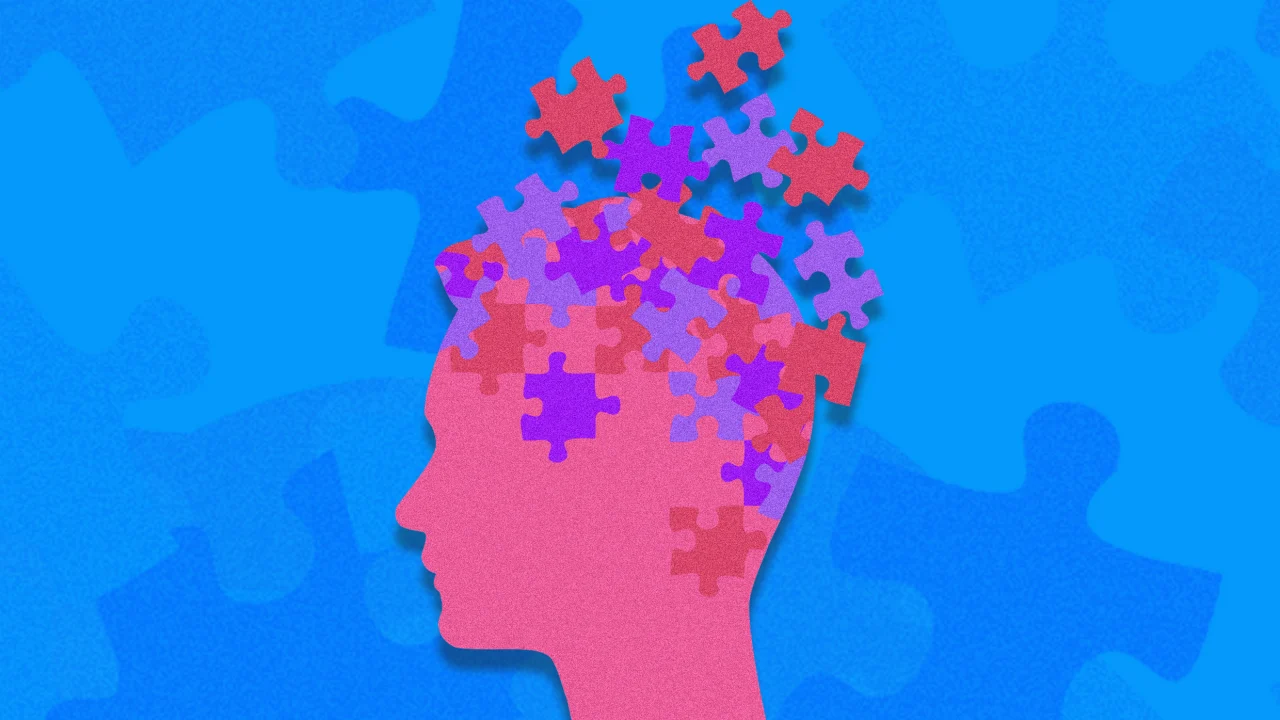How to stop stress from hijacking your productivity

Do you ever have those weeks where you feel you’ve gotten nothing done? You’re staring at your screen, the same paragraph you’ve read three times still making no sense. Your mind drifts to that looming deadline, the difficult conversation with your manager, leaving before 3 to avoid a horrible commute, or the growing pile of unread emails. Sound familiar? You’re not alone. Almost half (43%) of Americans report feeling more anxious than they did the previous year, with workplace pressures playing a significant role in this epidemic of stress.
The new brand of stress that 80% of workers report centers around productivity anxiety at work according to a recent study. The very stress that pushes us to work harder is now sabotaging our ability to perform well. Understanding this paradox—and more importantly, knowing how to break free from it—could be the key to reclaiming both your productivity and peace of mind.
The Science of Stress: Your Brain Under Siege
Not surprisingly, the biggest culprit of productivity anxiety is stress. When stress hits, your body doesn’t distinguish between a charging lion and a challenging quarterly review. The same ancient alarm system kicks in, flooding your system with cortisol—the primary stress hormone that can transform from helpful motivator to harmful hijacker.
Cortisol levels peak in the early morning as part of the cortisol awakening response, then decrease throughout the day. But chronic workplace stress disrupts this natural rhythm, keeping cortisol elevated when it should be declining. The result? A brain struggling to perform its most essential workplace functions, including just seeing things properly.
Research reveals the cognitive toll is severe. One study found that acute increases in corticosteroid levels are associated with cognitive decrements in both attention and memory.
Three Ways Stress Sabotages Your Focus
1. The Working Memory Meltdown
Your working memory—the mental workspace where you juggle information, solve problems, and make decisions—is particularly vulnerable to stress. Tasks that engage and rely on working memory seem to be particularly sensitive to pressure demands, possibly because working memory requires sustained focus and attention that acute pressure might disrupt. This explains why, under stress, you might forget what you just read or struggle to connect ideas that normally flow effortlessly.
2. The Attention Hijack
All theories about choking under pressure involve the reallocation of attention away from the task at hand. Some researchers suggest stress pulls your attention toward the uncomfortable feelings it creates, while others argue it makes you hyperaware of your own performance, paradoxically impairing it. Either way, your focus fractures.
3. The Productivity Anxiety Spiral
Since modern workplaces have birthed this new phenomenon of “productivity anxiety,” there has been a significant uptick in employees reporting a feeling that there is always more they should be doing, even if not humanly possible. This creates a vicious cycle where stress about productivity further impairs your ability to be productive, leading to more stress. Stress has a way of taking up your time by making you continuously worry about something that may or may not happen.
Perhaps this scenario is best illustrated by my client Tim. Tim manages a large and critical function at an aerospace firm. With 16 direct reports, hundreds more in his organization, and a cadre of contractors, Tim is still the go-to for any technical questions or emergencies that arise. It wasn’t until recently that I reminded Tim that a healthy number of direct reports for most leaders is no more than five, with far less technical work, and under far less work intensification that he perked up, realizing much of the problem he is managing is due to poor organizational design.
3 Evidence-Based Strategies to Reclaim Your Focus
1. Take a Walk Outside
The research is compelling: stepping outside for a walk is one of the most accessible and effective tools for combating workplace stress and restoring focus. Studies show that spending at least 20 to 30 minutes immersed in a natural setting is associated with the biggest drop in cortisol levels. Even more impressive, compared to urban walks, nature walks resulted in decreased anxiety, rumination, and negative affect, as well as increased working memory performance. Walks either with or without music have mental health benefits.
How to implement: Schedule a 20-minute walk outside during your workday, ideally in a green space. Can’t access nature? Even urban walks help. The beauty is you don’t need to power walk—or even walk; both walking and sitting outdoors improve cognitive performance, with elevated levels of relaxation during the intervention being the best predictor of improved performance.
2. Practice Strategic Stress Recovery
Individuals who have a higher frustration tolerance, the ability to moderate their responses to stress in the moment, have the capacity to think clearly and effectively work through problems longer and engage in productive decision making. Having an awareness of being triggered by observing physical shifts like heart rate changes, or a sudden burning chest sensation when stress hits, is critical data. Once aware, intentional choices can be made that mitigate reactionary stress behaviors: stepping away from a tough problem temporarily or engaging in deep breathing for a few minutes are both research backed ways of mitigating stress in the moment. Those able to do so expand their frustration tolerance, build the capacity to moderate other stress reactions with confidence, and experience less negative long-term effects from their stress.
How to implement: Build recovery periods into your workday, which will start to create muscle memory. When a problem becomes particularly intense, take note to feel in your body where the pressure mounts. Common areas of feeling bodily stress are chest, temples on either side of your head, neck, or stomach. Being attuned to this is critical. Once you’re aware of stress building in your body, step away from the problem at hand, and take a break such as a five-minute walk, practice deep breathing, or engage in light stretching. After any intensive work or problem-solving sessions, these micro-recoveries help reset your stress response system.
3. Restructure Your Work Environment for Focus
People who are stressed have difficulty focusing and find themselves getting caught in modes of thinking that perpetuate stress, such as worry and rumination. Combat this by creating environmental cues that support focus. Also an organized workspace has positive effects on distractions and ability to focus.
How to implement: Establish clear boundaries between high-focus work and administrative tasks. Use time-blocking to protect your most cognitively demanding work for times when your cortisol is naturally lower (typically midmorning after cortisol has subsided). Create a “focus ritual”—a consistent set of actions that signal to your brain it’s time for deep work.
Once or twice a week, block time on your calendar to clear your space of clutter, take out the trash, process any snail mail that comes in, and regularly delete files and screenshots no longer needed that sit on your screen. Such peripheral clutter cleaning makes clearer thinking possible, and it makes those things you need to find easier to find.
Small steps with big impacts
Job stress costs U.S. employers more than $300 billion annually due to absenteeism, turnover, decreased productivity—but the human cost is even greater. The good news? You don’t have to accept chronic stress as an inevitable part of modern work life.
Start small. Choose one strategy and commit to it for two weeks. Notice not just how you feel, but how you think—how ideas flow, how problems untangle, how focus sharpens. Because when you master the art of managing stress, you don’t just survive the workday; you unlock your brain’s full potential to create, innovate, and excel.
Your focused, calm, and productive self is waiting. It’s time to clear away the stress and let that person shine through.
What's Your Reaction?
 Like
0
Like
0
 Dislike
0
Dislike
0
 Love
0
Love
0
 Funny
0
Funny
0
 Angry
0
Angry
0
 Sad
0
Sad
0
 Wow
0
Wow
0













.jpg?width=1200&auto=webp&trim=0,32,0,31#)















































































